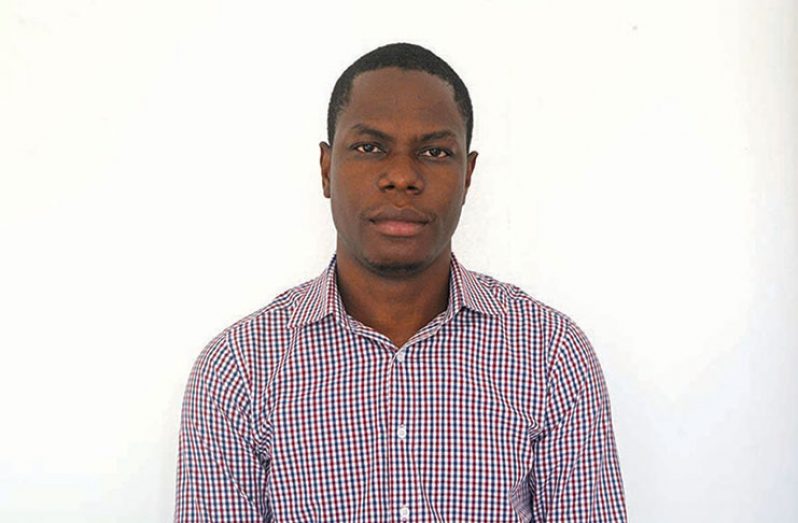— Region Four puts attention on medical evidence
By Wendella Davidson
THE Region Four Health Department is aware of the importance medical evidence plays in sexual assault cases. It has also observed that the judiciary has upped the ante in seeking to clear the backlog of such cases.
Cognisant that the work done at health centres by medical personnel and the evidence gathered by the Guyana Police Force (GPF) are significant in legal cases, Regional Health Officer (RHO), Dr. Quincy Jones said the region is on an aggressive drive to boost the quality of its work in this regard.
“… a lot of what they [ the judiciary] do is dependent on the Guyana Police Force (GPF) and the health centres, because we provide the medical-related evidence. If you don’t have quality medical evidence and the protocols are not observed, a case could be lost,” he explained.
As a result, Dr. Jones said the region’s health department is collaborating with the judiciary to strengthen evidence in sexual assault cases. They have, with the assistance of the United Nations Children’s Fund (UNICEF), acquired state-of-the-art rape kits.
Additionally, through the office of the Deputy Chief Medical Officer (DCMO), Dr. Jones noted that UNICEF, the Director of Public Prosecutions (DPP) and the Public Health Ministry have assisted in conducting training on how to use the protocol for the examination of sexual assault cases.
Dr. Jones said under the stewardship of Volda Lawrence as Minister of Social Protection, a protocol was developed in 2016 between the Ministries of Social Protection, Public Security and Public Health. That 2016 pact was adopted and the region’s health staff were sensitised as part of the first phase.
The second phase now underway, entails identifying specific sites for sexual cases, as according to Dr. Jones, due to the paucity of human and material resources, it is not feasible to have such activities held at all the region’s facilities.
“As a quality-control measure, these cases will be at specific sites. So far the only site being currently used in the region is the Diamond Diagnostic Centre, a 24-hour facility that is equipped with all of the skilled personnel,” he said, adding: “As we improve in terms of capacity-building and the acquisition of a family health specialist, other sites would be opened up.”
ALARMING
Recently, Resident UNICEF Representative, Sylvie Fouet declared as “alarming”, data that indicates Guyana has recorded 400 cases of sexual abuse against children in the first quarter of this year.
The number of cases recorded in 2018 was 1000. Fouet was speaking at the launch of a Forensic Psychology and Sexual Offences Special Training series, coordinated by the Supreme Court, the University of Guyana and UNICEF.
“The training will help court personnel to engage children who are abused, because it is not an easy task,” she said. The UNICEF representative also signalled the need for more to be done in order to address the scourge plaguing the society.
She believes that building capacity will help Guyana to find solutions and ultimately result in the reduction of those numbers and even the prevention of such cases.
As part of its contribution, UNICEF assisted in the launching of the sexual offences court. In partnership with the court, the agency will be expanding the sexual offences court’s services to Berbice and Essequibo.
The training will complement the initiative to close the gap between service and treatment of not just children, but women who have been abused.
Chancellor of the Judiciary (ag), Justice Yonette Cummings-Edwards echoed those sentiments, noting that training is important, since insensitive treatment of victims can result in secondary trauma.
“The complexities of such cases required specialised training on the part of all involved…. Persons engaged in working in this field also need debriefing exercises because they, too, can suffer from secondary trauma,” Justice Cummings-Edwards had said.
She further stressed the need for an intensive approach to training persons to help them to respond better to such cases.




.jpg)










